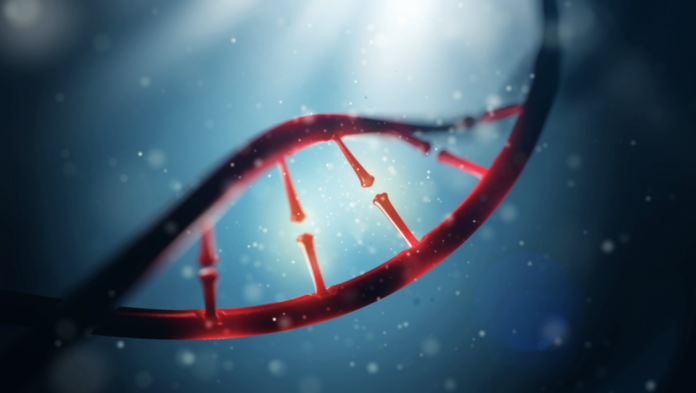
Any company who depends on biological processes and the environment needs to understand the complex ecosystems in which they operate — right down to the DNA. And that’s where genomics comes in.
Genomics is the powerful biotechnology that combines genetics, biology and computer science in a way that unlocks the DNA code found within every living thing. It’s a cutting-edge technology that has become exponentially cheaper and more accessible over the last decade.This has increased its uptake in a range of important sectors, including human health, agriculture, aquaculture, forestry, mining, energy and, more recently, the environment.
The insights provided by DNA-based technologies are helping to drive innovations throughout the bioeconomy. In agriculture, genomics is improving livestock performance and leading to increased crop yields, healthier soils, and plants that are more drought resistant and pest resistant. In aquaculture, genomics is enhancing breeding programs for finfish and shellfish alike, by allowing companies to select for elite performance in terms of growth rate, disease resistance and tolerance to changing water temperatures.
Genomics is also becoming a powerful element in the environmental toolkit. Scientists use genomics to identify the presence or absence of organisms based on their DNA, a technique that can work on both the land and marine environment.This can provide a more accurate and cost-effective approach than traditional monitoring methods, particularly in aquatic settings. In agricultural, genomics is helping us to develop better pest and disease management practices, thus reducing the need for chemical inputs, and to refine breeding programs so that plants can naturally withstand drought and other environmental impacts. Aquaculture scientists are also employing genomics to develop sustainable and environmentally- friendly fish feeds. Genomics can also help us to identify novel value-added products from renewable marine sources.
Some microbes metabolize (eat) hydrocarbons, which means that they can help us to both pinpoint petroleum deposits and clean up oil spills. Genomics is helping us understand what communities of microbes thrive on oil and how they interact with their environment.This knowledge is incredibly useful in de-risking offshore oil and gas exploration as well as in enabling companies to employ this natural environmental remediation tool in the event of an oil spill.
Genomics can help us identify the microbes that can clean up contaminated industrial sites. Scientists have turned this knowledge into a patented microbial mixture that is sold around the world to deal with toxic substances. Some companies are taking the idea of using microbes even further, using them as a clean technology that replaces more traditional chemicals used to leach minerals from tailings ponds in mine sites.This avoids environmental contamination, while extracting more value from a mine’s assets. Other companies are using genomics to convert waste products into energy and other value-added products. Genomics can give these companies an edge by helping them understand which microbes are best for the job.
Companies that embrace genomics-based solutions to meet health, economic and environmental challenges have the potential to be triple bottom- line leaders in sustainability, profitability and social responsibility. Genome Atlantic, along with other members of the innovation ecosystem can be valuable allies to help companies take advantage of this phenomenal opportunity.
Steve Armstrong, PhD, is President & CEO of Genome Atlantic, a not for profit corporation based in Atlantic Canada, that has worked with a range of regional partners to enable approximately $100 million in applied genomics research and development.















